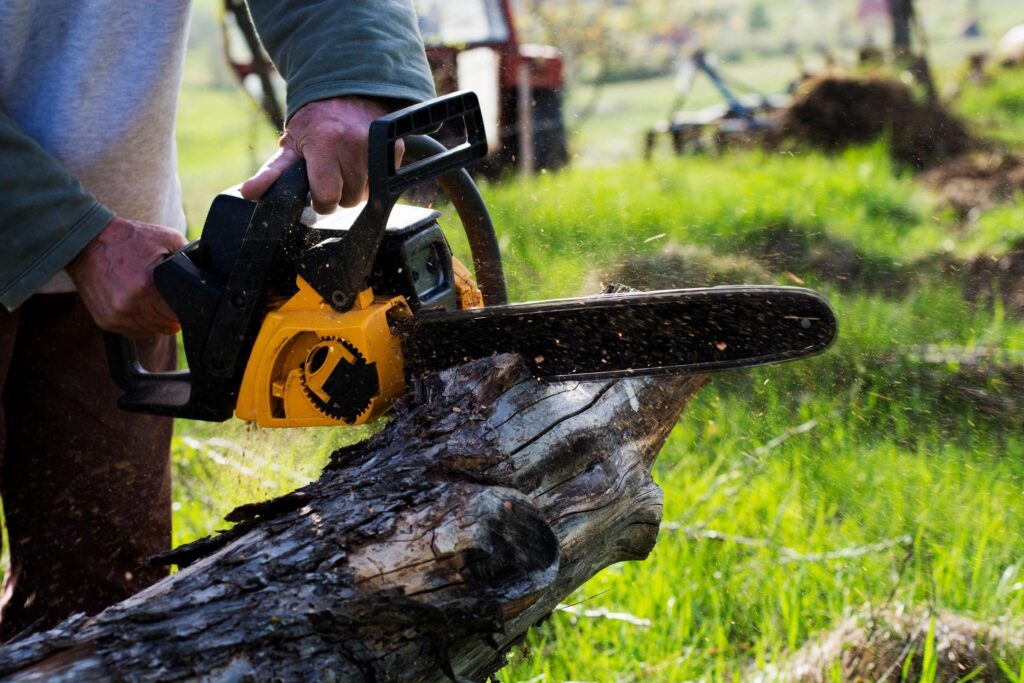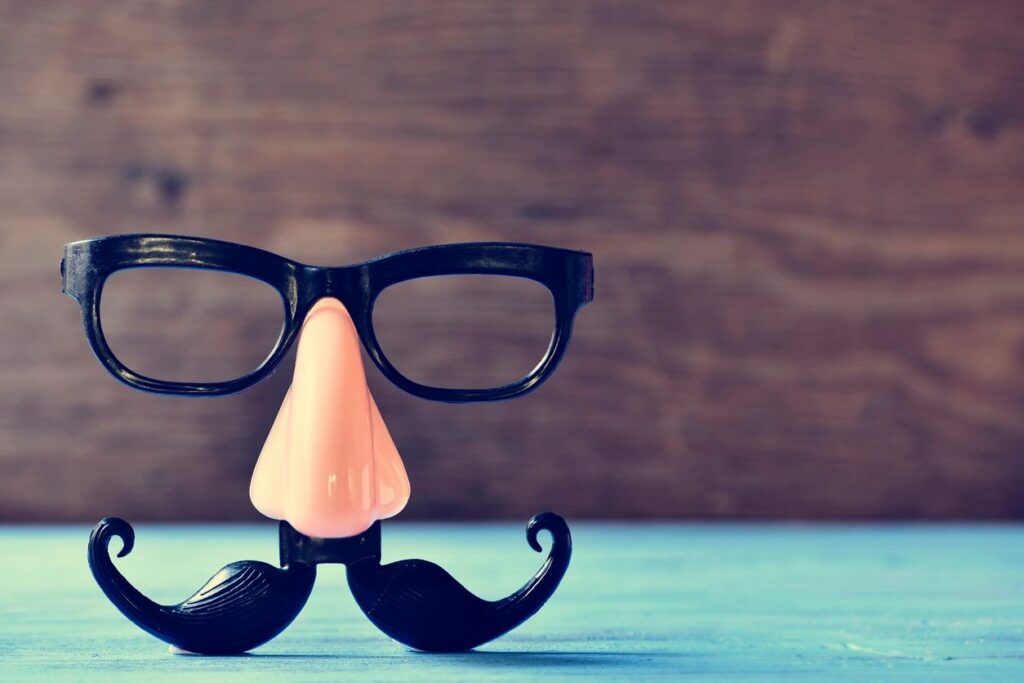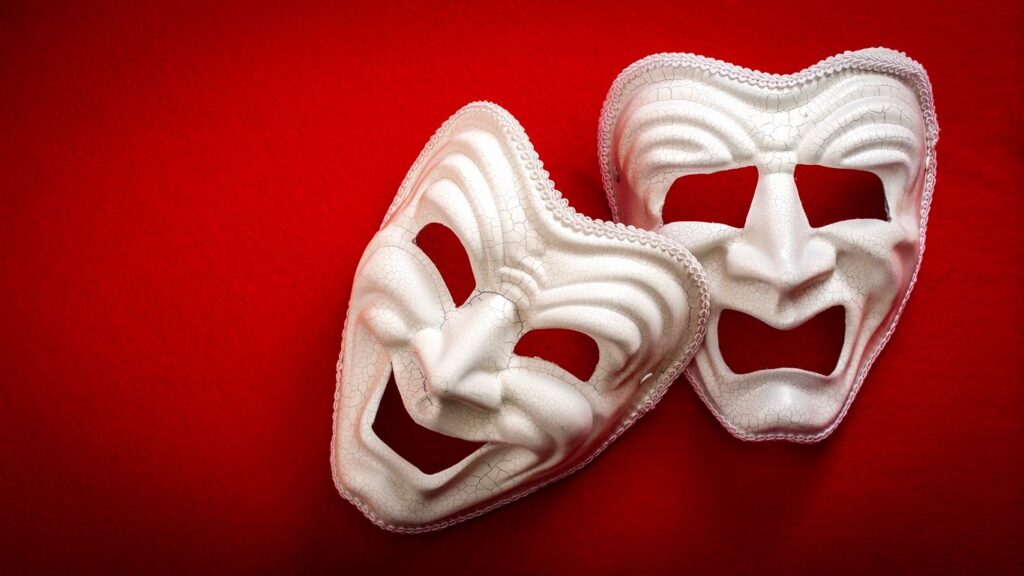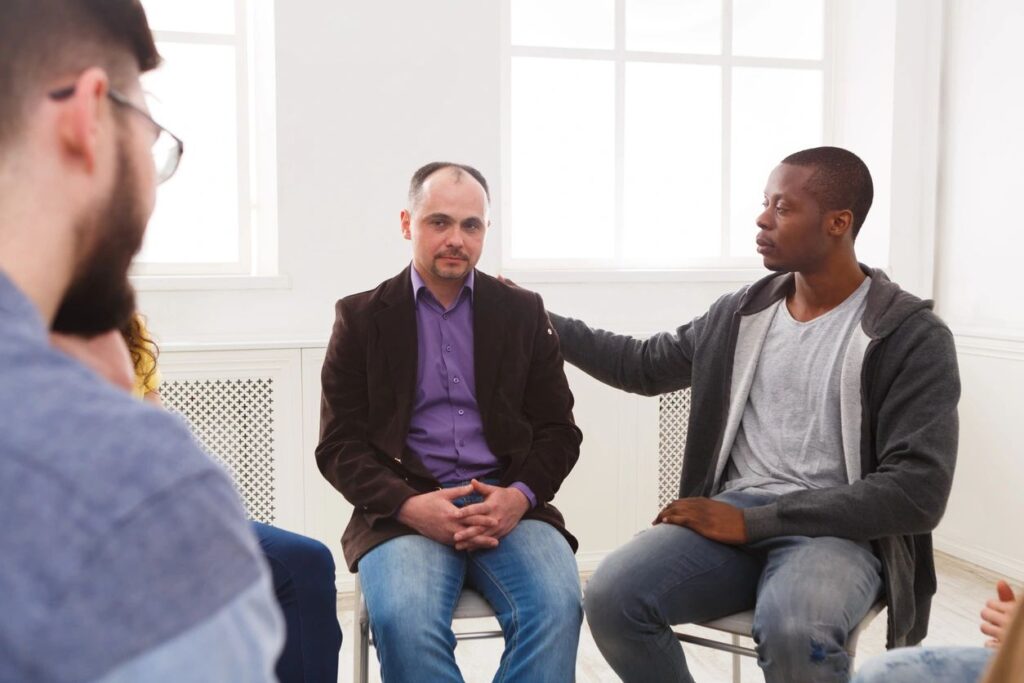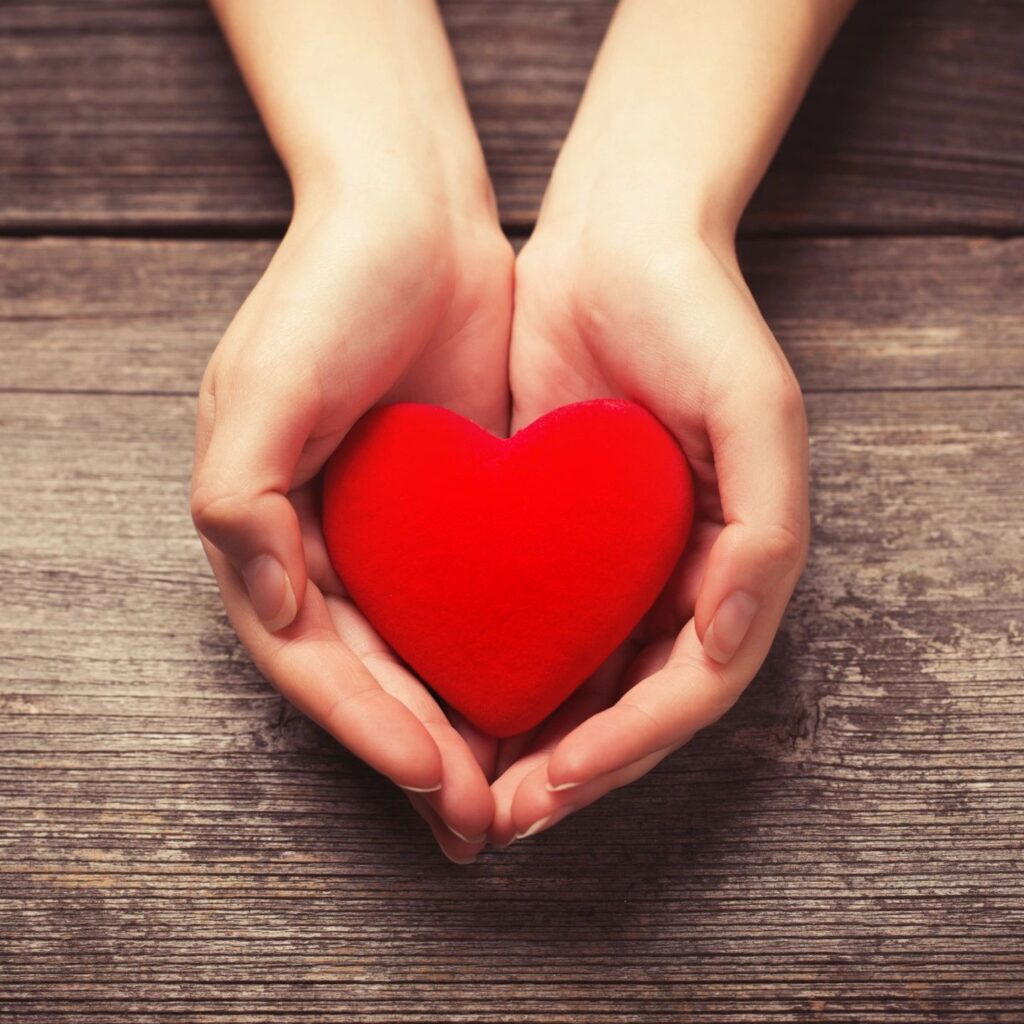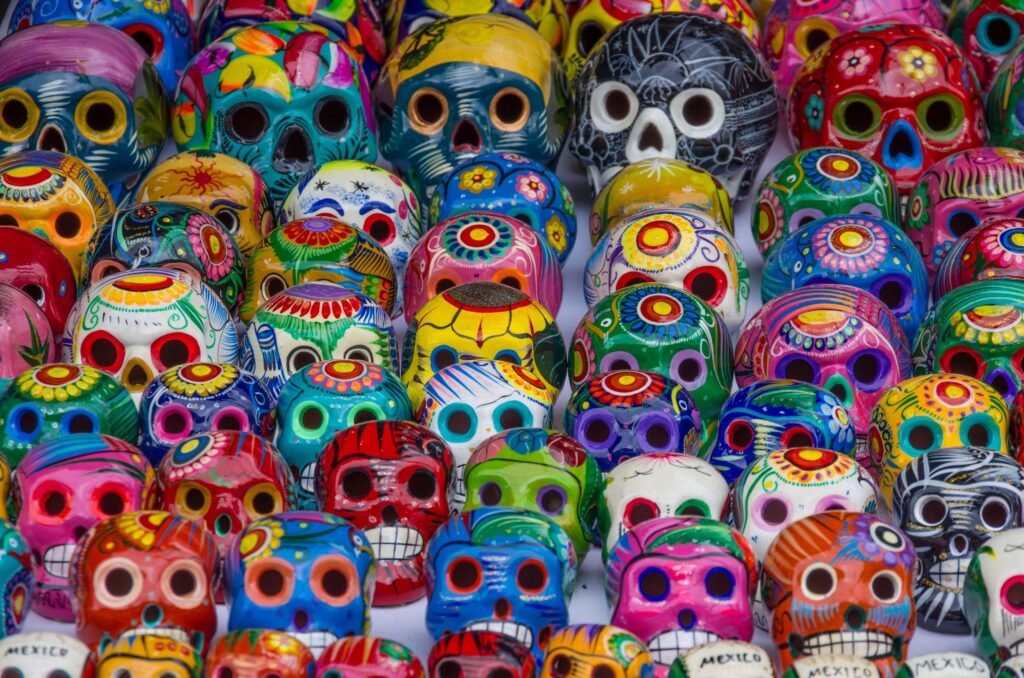Posts Tagged ‘Stress & Trauma’
Body Temperature, Stress and Social Connection
When we say that someone is “warm,” we can mean that in a literal, physical sense. We might also be saying that they’re friendly, sociable and kind. This link between temperature and psychological state isn’t just metaphorical. Psychologists have found several ways in which body temperature and emotions actually do correlate with each other. One…
Read MorePeople Care More About Climate Change After Experiencing a Hurricane
Climate change is an interesting psychological case study. It’s a big, scientifically unambiguous problem, but we’re more or less content to ignore it and go on with our lives as usual. Part of the reason for this nonchalance is that, for now, the effects of climate change seem distant and abstract. We all have immediate…
Read MoreWhen Something Bad Happens, Tell a Joke?
If you use humor as a coping mechanism, you aren’t alone. And even if you are alone, you probably think it’s funny. A new study from researchers in Poland highlights humor’s power to help people shrug off stressful and unpleasant events. In the study, researchers asked 54 participants with remitted depression to view images that…
Read MoreResilience Links Emotional Intelligence and Stress Management
Emotional intelligence has been increasingly recognized as important over the last several decades, the EQ to go with IQ. The idea being, of course, that all the smarts in the world won’t do you good if you can’t navigate your own emotions, and those of others. Emotional intelligence has been linked to everything from mindfulness…
Read MoreAdverse Childhood Experiences Influence Life Satisfaction in Adulthood
We know that childhood experiences lay the foundation for mental health in adulthood. But is it possible to determine what consequences a single traumatic event in childhood might have for long-term psychological wellbeing? For an individual, the answer is no, at least for now. For groups of people, though, it’s possible to look at how…
Read MoreSpooky Science: The Psychology of Paranormal Beliefs
Long-time readers of this blog will know that I can take the fun out of almost any holiday. For Thanksgiving, I’ve written about the advantages of being ungrateful and the inner lives of Turkeys. On Valentines day, I covered loneliness. So, Happy Halloween! Let’s talk about ghosts. Why do people believe in ghosts? There are…
Read MoreFrom Childhood Trauma to Adulthood Empathy?
If there’s a good side to suffering, it might be that it can make you more attuned to the suffering of others. A new study from researchers at City University of New York, University of Cambridge, and University College London suggests that traumatic experiences in childhood might be linked to heightened empathy in adulthood. According…
Read MoreEmotional Skills Can Undo the Link Between Stress and Cardiovascular Health
Ongoing stress is looking like an increasingly guilty suspect in sabotaging people’s health. The American Psychological Association now cites chronic stress as a risk factor for heath disease, high blood pressure and stroke. But does chronic stress have the same effects on everyone? Probably not. A recent study by researchers at Yale and University of…
Read MoreTracking People’s Fear of Death Over Time
How do people’s experiences in life shape their expectations surrounding death? One way of shedding light on that question is by following how people’s fear of death changes over time. Some researchers have hypothesized that people become gradually more fearless about death as they get older. This idea makes a certain intuitive sense: as we…
Read More
